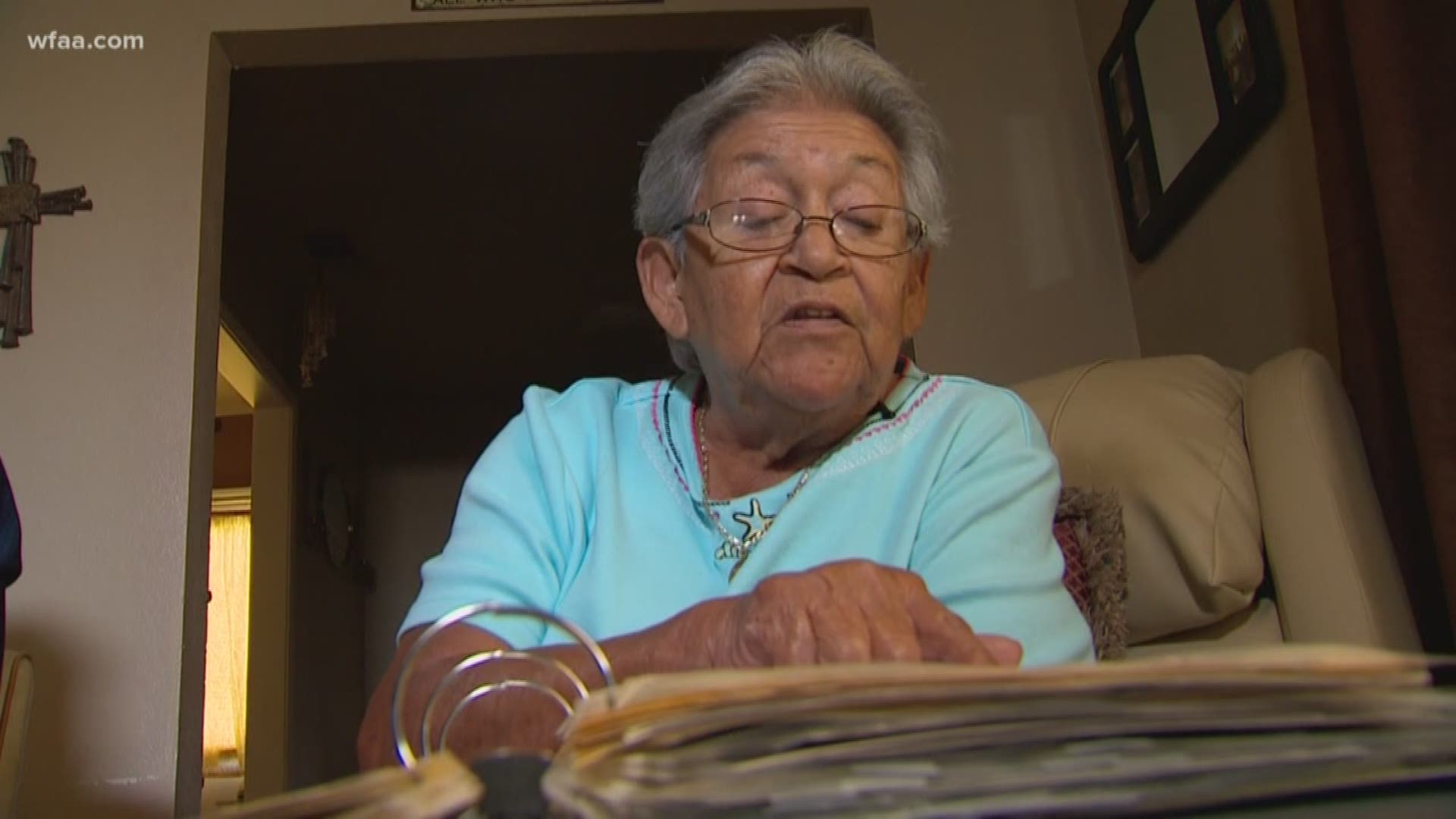Shirley Henley, 80, was 14 years old when her older brother Raymond Arriaga left their home in Ellis County to fight in the Korean War. Sixty-six years later, she clings to a newfound hope that he may finally be coming home.
"I loved him. I loved my brother," Henley said from her home in Ennis. "Me and him were very close. We always had hoped he would show up, you know."
Army PFC Raymond Arriaga disappeared during battle December 9, 1952, in an area near what is now the Korean DMZ. His body was never recovered, but a fellow soldier told his superiors that Arriaga was killed. Initially declared Missing in Action, his military record was eventually changed to KIA. His name is still among the 7,699 American military unaccounted for from the Korean War.
"I'll never lose hope. I never will. So, I live with that," Henley said.
This week she lives with a newfound hope as remains, recently released by North Korea, arrive in Hawaii at the Joint POW/MIA Accounting Agency for identification. The lengthy scientific process, which will include DNA analysis and cross-reference of decades-old military records, will try to determine if the remains are human and, if so, if they are American dead or soldiers from other countries involved in that international conflict.
A sample of Shirley Henley's DNA is in the database waiting to be compared. "I made a promise on my own and to him that I would not let him be forgotten," said the soldier's great-nephew Eric Valdez. "It's my own little mission right now."
Valdez led the effort to get a grave marker for Raymond Arriaga placed at DFW National Cemetery. His extended family held an emotional ceremony at the site in 2015 with full military honors. Now he hopes his great uncle's remains are among those recently released by North Korea and that he might finally be coming home to be buried in Texas.
"If anything that's what we have now is hope," Valdez said. "Now it's a whole different set of hope. And if they don't find one of our family members, somebody else's family member will be found. So everyone now has hope."
Raymond Arriaga is among the 431 Texans who never came home from the Korean War. His name is engraved on the war memorial outside the Waxahachie Civic Center with the names of 21 other sons of Ellis County who died in that conflict.
As for his little sister, the youngest of eight siblings, she hopes she will live long enough to learn if there is a DNA match. "Don't lose hope," she said offering her advice to others living through the same torturous wait. "Don't lose hope. I don't give up on my brother. Because I love my brother. I love my brother."
Love and hope that does not fade -- 66 years and counting.

